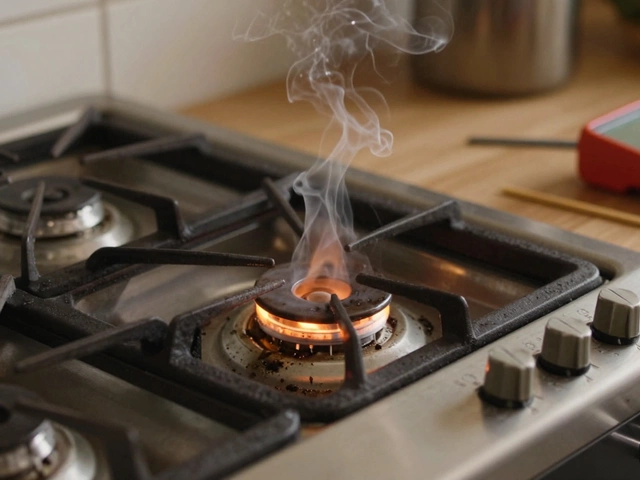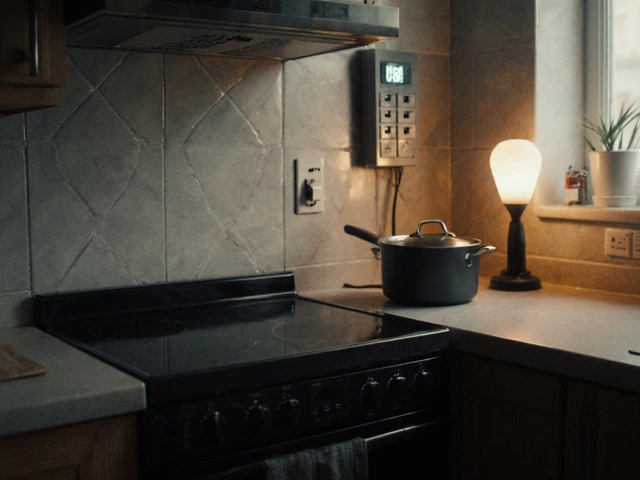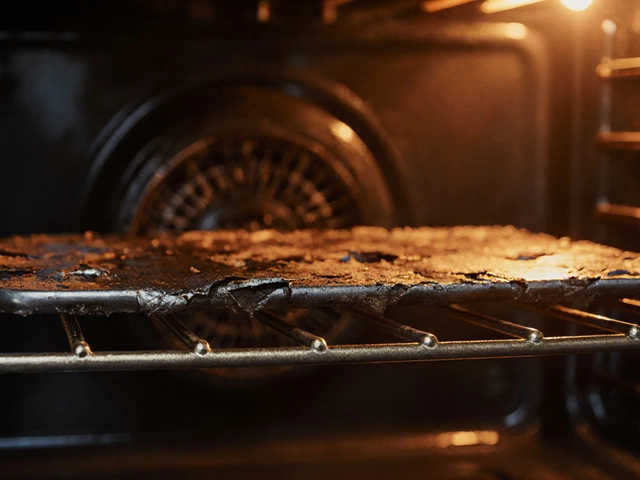Can Gas Ovens Be Repaired? What You Need to Know Before Calling a Pro
January 5 2026Kitchen Ventilation Tips for a Fresh, Safe Bedford Home
Ever notice lingering smells or steam hanging around after cooking? That’s a sign your kitchen ventilation isn’t doing its job. Good airflow does more than keep odors away – it prevents moisture buildup, reduces fire risk, and helps your gas appliances run efficiently. Below are practical steps you can take right now, plus pointers on when to call a certified gas engineer.
How to Keep Your Extractor Fan Working Like New
Most Bedford homes use a range hood or wall‑mounted extractor fan. The biggest mistake owners make is ignoring the filters. Grease and dust coat the metal mesh, cutting airflow and making the fan noisy. Here’s a quick routine:
- Check monthly: Turn the fan on and listen. Any rattling or reduced suction? It’s time to clean.
- Remove the filter: Most fans have a click‑off metal or carbon filter. Soak it in warm, soapy water for 10‑15 minutes, then rinse and let dry.
- Wipe the fan blades: Use a damp cloth; avoid harsh chemicals that can damage the motor.
- Inspect the vent: Make sure the external vent hood isn’t blocked by leaves or cobwebs.
If cleaning doesn’t restore full power, the motor might be failing. A humming fan that doesn’t spin up is a clear sign you need professional help. Trying to fix a motor yourself can be risky, especially around gas lines.
When to Call a Gas Engineer for Ventilation Issues
Some ventilation problems go beyond the fan. For example, if you have a built‑in gas hob or a gas‑powered oven, improper venting can cause carbon monoxide build‑up. Look out for these red flags:
- Frequent triggering of the carbon monoxide alarm.
- Yellow or orange flames on a gas burner.
- Unexplained spikes in your gas bill.
- Visible soot around the cooktop or vent pipe.
When any of these appear, stop using the appliance and call a certified Bedford gas engineer. They can test the flue, check for leaks, and ensure your ventilation meets UK building regulations.
Even if your fan runs fine, a yearly safety check is a smart move. Engineers can lubricate moving parts, tighten loose connections, and spot early wear before it becomes a costly breakdown. It’s especially important for older homes where the original venting might not meet today’s standards.
In the meantime, simple habits can boost airflow:
- Leave the fan on for a few minutes after cooking to clear steam.
- Open a window briefly if the kitchen feels stuffy.
- Avoid stacking pots and pans over the vent; they block suction.
These easy steps keep the air moving and protect your appliances. Remember, a well‑ventilated kitchen is safer, more energy‑efficient, and a nicer place to cook. If you’re unsure about any part of the system, a local Bedford gas engineer is just a call away to give you peace of mind.
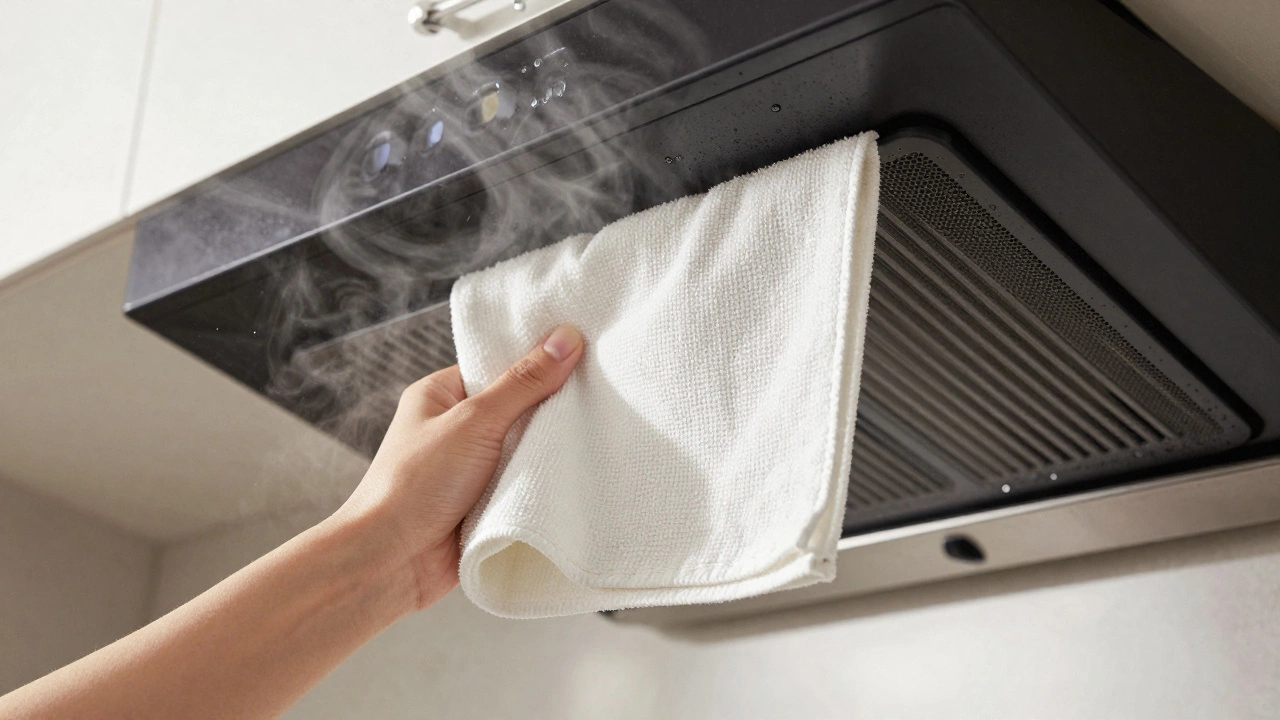 8 Dec
8 Dec
How to Check if an Extractor Fan Is Working Properly
Learn how to test if your extractor fan is working properly with simple DIY checks for airflow, noise, duct blockages, and power issues. Fix common problems before they lead to mold or motor failure.
Read More...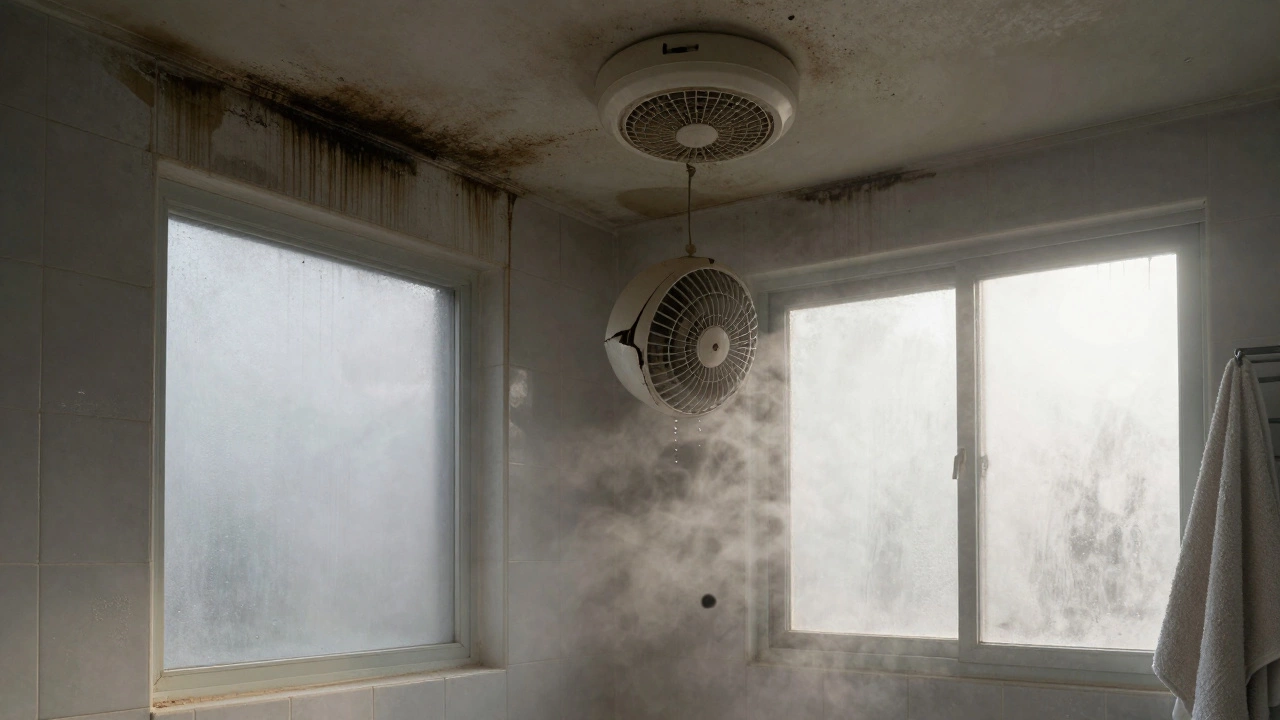 7 Dec
7 Dec
Is It OK Not to Have an Extractor Fan? What You Need to Know
Skipping an extractor fan might seem harmless, but moisture buildup leads to mold, structural damage, and health risks. Learn why every kitchen and bathroom needs proper ventilation-and what to do if yours is broken.
Read More... 24 Jul
24 Jul
Extractor Fan Risks: What Happens if You Don't Use Your Extractor Fan?
Ignoring your extractor fan has bigger consequences than just a bit of steam or smell. This article uncovers what really happens when you skip using your fan, plus tips to keep your home healthy.
Read More... 30 Apr
30 Apr
Do I Legally Need an Extractor Fan in My Kitchen?
Thinking of skipping an extractor fan in your kitchen? Before you ditch it, know the legal rules. This article breaks down UK building regulations and key facts in plain English. You'll find out when extractor fans are a must, when they're optional, and what it all means if you're planning repairs or a kitchen refit. No confusing jargon—just clear advice to help you avoid costly mistakes.
Read More...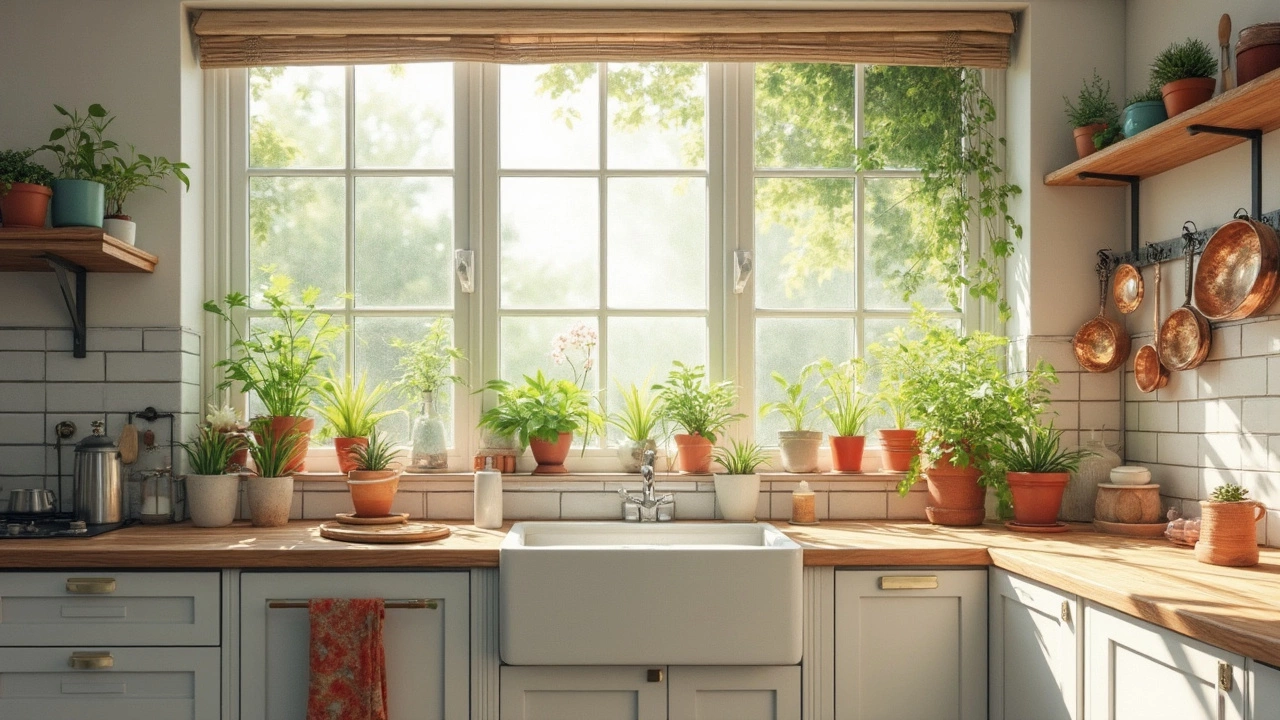 13 Mar
13 Mar
Alternatives to Extractor Fans: Smart and Practical Solutions
Extractor fans are great for getting rid of steam and odors, but what if yours breaks down or isn’t an option? This article explores practical alternatives that provide effective ventilation in kitchens and bathrooms. From natural ventilation solutions to smart technology, we guide you through different methods to improve indoor air quality. Explore these options to keep your home fresh without the need for traditional extractor fans. Learn tips and tricks to make the most out of each solution.
Read More...